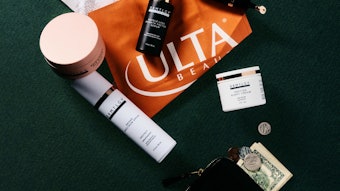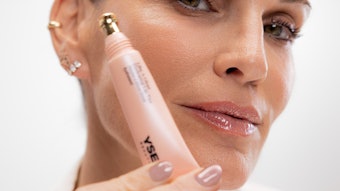"We started with organic but we certainly intend to include a packaging standard for sustainable packaging and a sustainability standard for the entire management system—and that may include a company's carbon footprint," said Timmons. "We’d really like to hear what people think about what else could be useful to the industry."
In terms of global volume, only a small amount of ingredients for organic personal care are allotted, and creating non-organic replacements that are agriculturally based for single ingredient items—essential oils, for example—must be considered. Oasis will work toward creating and providing the mechanisms to address these needs while upholding its standards. Timmons cites the drive for organic surfactants as another example.
"[Certain suppliers] have made a commitment to make organic surfactants, but they can’t just do this overnight. There is not enough coconut and palm on the planet right now to give them what they need," said Timmons. "So, if we are serious and committed to this, we have to create a mechanism that will allow them to do that. What they've said and what they've agreed to is to apply all the green chemistry to raw materials and synthesis chemistry. For the time, efforts will be made and we will be invested to ensure compliance with our standard. It’s very similar to what Ecocert did, but I believe we’ll have a more scientific approach."










